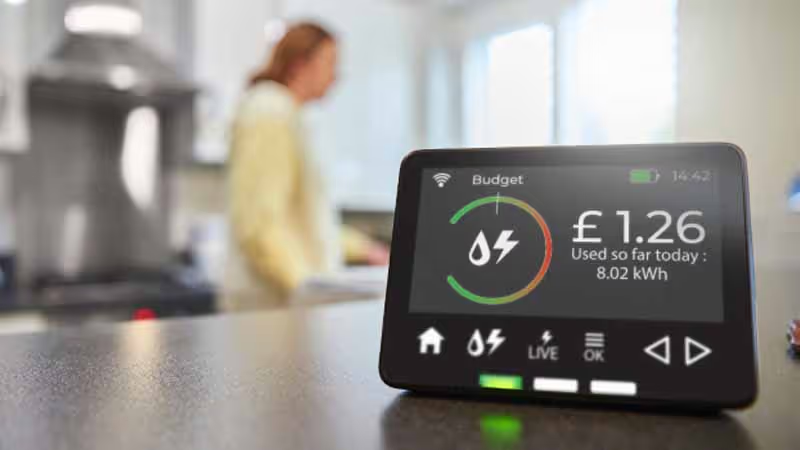




Changes to EPCs next month are to cost landlords more and see properties downgraded if they don’t have energy upgrade documents, it has been claimed.
The current methodology for EPC assessments uses assumptions about how buildings are constructed and occupied to generate their energy efficiency rating.
When using the new RdSAP 10 methodology - set to be introduced in June - energy assessors will collect and record more specific information, including types of windows and their condition, heating system efficiency based on model numbers or manufacturer data, and smart heating controls.
If a heating system’s details currently can’t be verified, default assumptions are used, often underestimating its efficiency.
Instead, RdSAP 10 prioritises actual evidence meaning that if no documentation can be provided, the system’s efficiency might be rated lower, potentially impacting the EPC score.
The update also includes refined methods for calculating floor area and insulation levels, providing more details about a home’s heat retention and energy use.
RdSAP 10 also adjusts how heat loss is calculated for flats and terraced homes, which were previously disadvantaged by default assumptions - which could lead to improved EPC ratings for these types of properties.
While these more detailed assessments will take longer, according to Propertymark, it says some members have already reported increased costs.
The group warns that landlords will need to be more proactive in maintaining and providing evidence of energy improvements such as insulation, heating upgrades and double glazing. “EPC ratings might initially drop if no evidence is provided, even if improvements have been made, so having a clear paper trail can protect property owners from unnecessary retrofit costs,” it says.

Stuart Fairlie, MD at Elmhurst Energy (pictured), tells LandlordZONE that energy assessors will collect more detailed information during visits, such as measuring all the windows.
“This means an assessor will spend more time at a property and as a result, it is likely the cost of an EPC will change,” he explains. “But in return, landlords will receive a more valuable product.
“It’s still important that landlords keep records of all energy efficiency upgrades, as without evidence, assessors may be unable to account for improvements, which can impact the EPC rating.”
Tags:
Comments